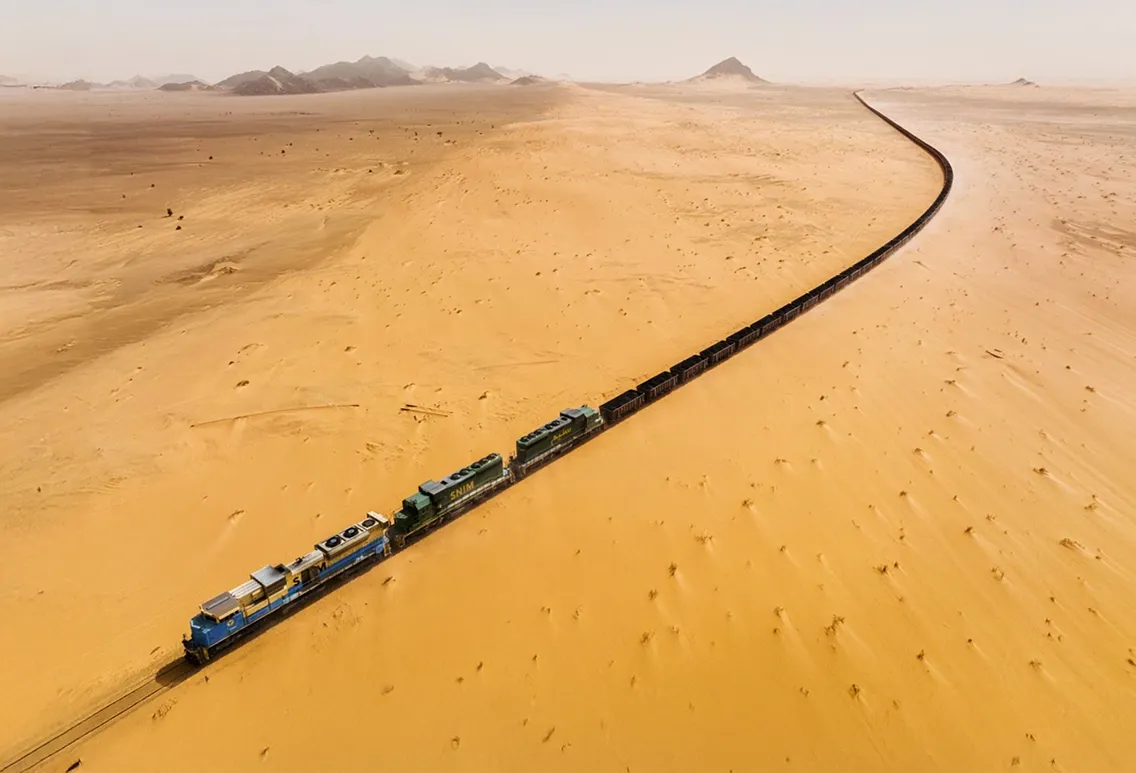
This article is sponsored by Ministry of Petroleum, Energy and Mines of the Islamic Republic of Mauritania
The iron-ore train, often called the “Snake of the Desert”, is a giant of Mauritania’s landscape – an almost mythical sight stretching 3 kilometers across the Sahara.
With a single passenger wagon trailing the rumbling mass of iron ore, it snakes from the mines of Zouérat in the arid interior to the port city of Nouadhibou on the Atlantic coast. For thrill-seekers and filmmakers alike, riding this behemoth through bone-chilling nights and a constant spray of iron dust is a rite of passage.
Yet, this iconic train is a symbol of more than adventure. Each journey it makes from desert to coast is laden with promise – a testament to Mauritania’s burgeoning mining sector, where mineral wealth is poised to drive the country’s economic growth. As new sites emerge and infrastructure evolves, the Sahara hums with fresh energy.
The mining sector fuels Mauritania’s economy, contributing 24% to GDP and generating 30% of state revenues in 2022. Iron ore is central to this success, managed by the state-owned Société Nationale Industrielle et Minière (SNIM). With over 60 years in the business, SNIM operates across the value chain, from geological research and mining to transportation via its own 700-kilometer railway, which connects to the Atlantic export terminal at Nouadhibou. In 2022, SNIM’s iron ore production exceeded 13m tons, with plans to scale this to 45m tons by 2030.
Beyond iron, Mauritania’s mineral wealth includes gold, copper, and reserves of gypsum, uranium, and critical minerals such as lithium and manganese. The Tasiast mine, operated by Kinross Gold Corporation, hit record production in 2023 with 620,793 ounces of gold, hailing the impact of steady investment in infrastructure. The Guelb Moghrein mine, managed by Mauritanian Copper Mines, produced 13,000 tons of copper and over 26,000 ounces of gold in 2023.
The African Development Bank (AfDB) has been instrumental in Mauritania’s mining infrastructure, recently issuing a $46m loan to expand Nouadhibou’s mineral port access channel, facilitating increased iron ore exports.
Alongside mining, the AfDB supports Mauritania’s energy needs through initiatives like Desert-to-Power, aimed at expanding solar energy use. These investments enhance SNIM’s ability to contribute to sustainable growth and state revenue.
Strategic partnerships are also driving Mauritania’s ambitions. SNIM collaborates with Glencore’s El Aouj Mining Company, which targets annual production of 11.3m tons of iron ore, while Tekamul – a venture with Saudi Arabia’s SABIC – aims to produce 10m tons of steel pellets. ArcelorMittal recently signed a memorandum of understanding with SNIM to explore a green hydrogen-powered pelletisation plant, advancing Mauritania’s entry into sustainable steel production.
The nation is now setting its sights on green steel, aiming to add value by focusing on high-grade steel pellets and positioning itself as a future leader in green hydrogen production. As global steel markets shift toward carbon reduction, demand is rising for high-quality ores and direct reduced iron (DRI) pellets, which produce fewer emissions. Mauritania, particularly through SNIM’s initiatives, stands ready to capitalise on this transition and support cleaner steel manufacturing worldwide.
Nevertheless, Mauritania’s mining sector faces significant challenges. Infrastructure gaps remain a hurdle, with limited transportation networks and unreliable energy supplies adding costs and logistical complexities. While SNIM’s rail link to Nouadhibou port is vital, the port’s access limitations mean only a fraction of the global bulk carrier fleet can dock, driving up shipping costs. AfDB’s investment to widen port access helps, but more improvements are needed.
Environmental and regulatory obstacles further complicate operations. Mauritania’s harsh desert climate – with searing temperatures, frequent sandstorms, and water scarcity – adds to the physical strain of mining. Skilled labor shortages also persist, with many skilled workers drawn to hydrocarbon projects. The regulatory framework, governed by multiple amendments to the Mining Code, presents additional layers of complexity, often leading to delays and added costs for companies navigating permits and approvals.
Mauritania, however, is a rare beacon of stability in the Sahel – a crucial factor for sustaining foreign investment. Yet, the nation’s reliance on mining makes its economy vulnerable to global price swings, which is spurring Nouakchott to diversify the economy, and a raft of deals are being signed to that effect. With prudent governance and strategic reinvestment into social sectors and critical infrastructure, Mauritania can convert its natural wealth into a foundation for inclusive, long-term prosperity, building resilience for future generations.


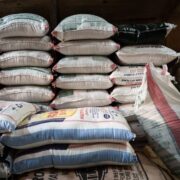

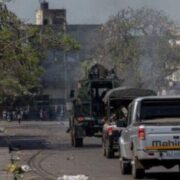


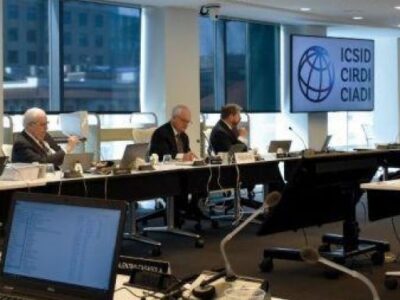
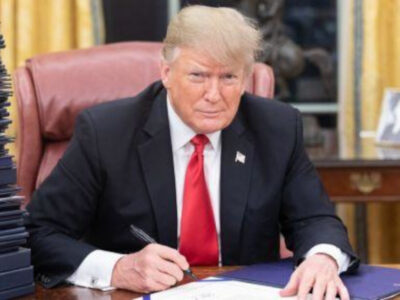

Comments